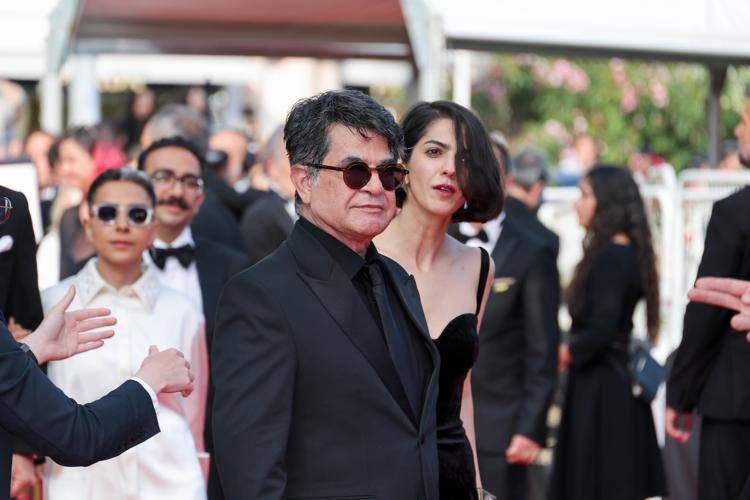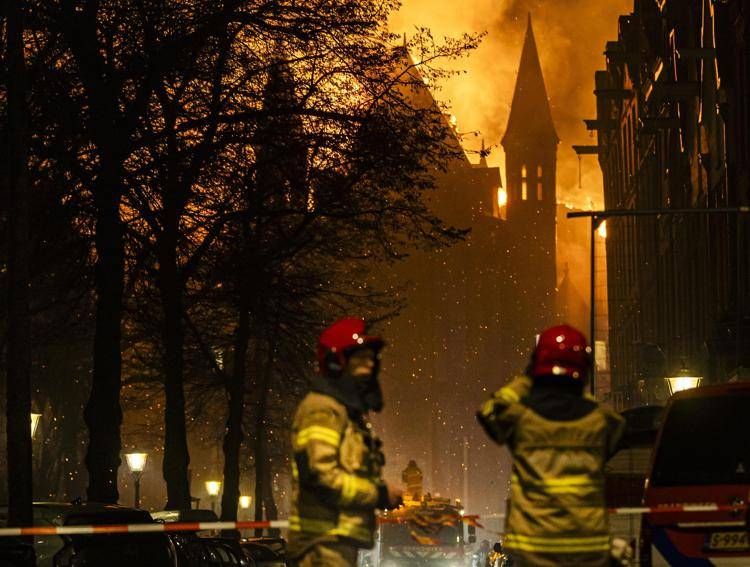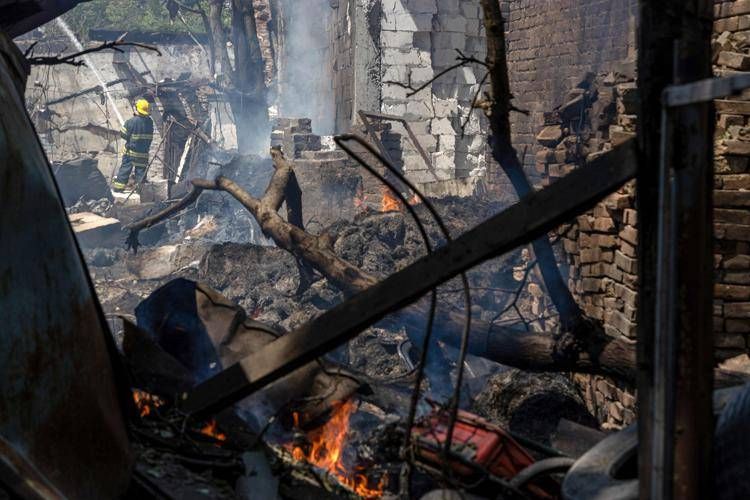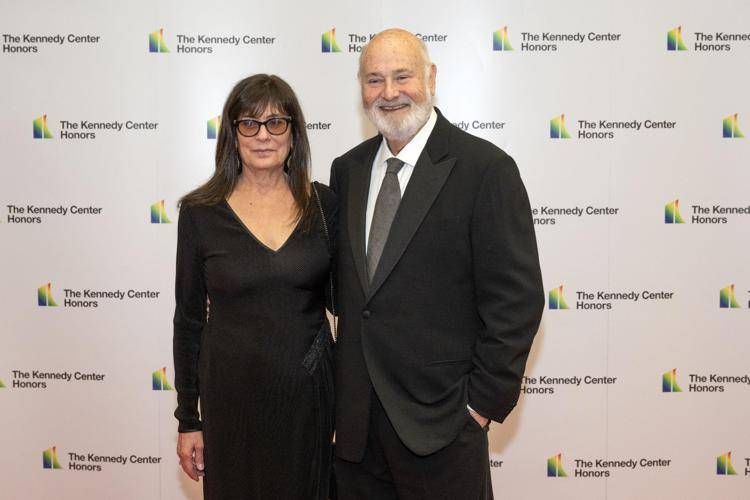
Cannes 2025: Palme d’Or to Panahi, triumph of denunciation cinema
-


Attacco Usa in Nigeria contro l’Isis, Trump: “Risposta al massacro di cristiani” VIDEO
-


Frana a Cormons: disperso un giovane e un’anziana sotto le macerie VIDEO
-


Tifone Fung-Wong colpisce le Filippine: un milione di evacuati VIDEO LIVE
-


Cargo Ups precipita in Kentucky: sette morti e diversi feriti VIDEO
The Iranian director receives top honour for Un simple accident, a political thriller shot in hiding. Awards to Wagner Moura, Nadia Melliti and director Mendonça Filho
The 78th edition of the Cannes Film Festival closed with a historic moment: Jafar Panahi, Iranian director and symbol of artistic resistance against censorship, received the Palme d’Or for Un simple accident, a moral thriller set in a prison context and shot with non-professional actors. Presenting the award, amid applause, was Cate Blanchett, the evening’s guest of honour.
Panahi, physically present on the Croisette for the first time after years of restrictions and house arrest, accepted the award with a few words. His film, built around an alleged torturer to be recognised through gestures, voice and smell, is a choral work reflecting on the consequences of state violence. The essential visual approach and claustrophobic setting bring out the sense of collective justice, inspired by testimonies collected in prison.
Main Awards
The award for best male performance went to Brazilian Wagner Moura, star of The Secret Agent, for his intense and unpretentious performance. The film, directed by Kleber Mendonça Filho, also received the director’s award, confirming the success of the South American production.
In the women’s category, the award went to Nadia Melliti for her role in La Petite Dernière by Hafsia Herzi, honoured for an interpretation capable of combining fragility and determination.
Caméra d’Or and Jury Prize
Chaired by Alice Rohrwacher, the Caméra d’Or jury selected as best debut The President’s Cake, an Iraqi work by Koutaiba Al-Janabi, who knew how to portray reality through the eyes of the children encountered during the production.
Special mention to My Father’s Shadow by Akinola Davies Jr., a Nigerian film that delicately explores the relationship between father and son.
The Jury Prize, awarded ex aequo, saw the triumph of Sirāt by Óliver Laxe, a spiritual film with ritual tones, and Sound of Falling by Mascha Schilinski, an all-female intimist horror film, which surprised with its visual strength and originality.
A closure under blackout
The ceremony took place on Saturday 24 May despite a blackout that hit Cannes for about five hours. But the energy of cinema prevailed. This year’s palmarès confirmed the centrality of auteur cinema as a tool of memory, denunciation and resistance.
-

 Tempo Libero2 giorni ago
Tempo Libero2 giorni agoArrivo del 2026 nel mondo: chi festeggia per primo il Capodanno
-

 World12 ore ago
World12 ore agoIncendio distrugge la chiesa di Vondelkerk ad Amsterdam
-

 Spettacolo2 giorni ago
Spettacolo2 giorni agoCapodanno in piazza in Italia: concerti ed eventi per salutare l’arrivo del 2026
-

 Primo Piano2 giorni ago
Primo Piano2 giorni agoIsolamento di Odessa, la nuova strategia della Russia nella guerra in Ucraina







